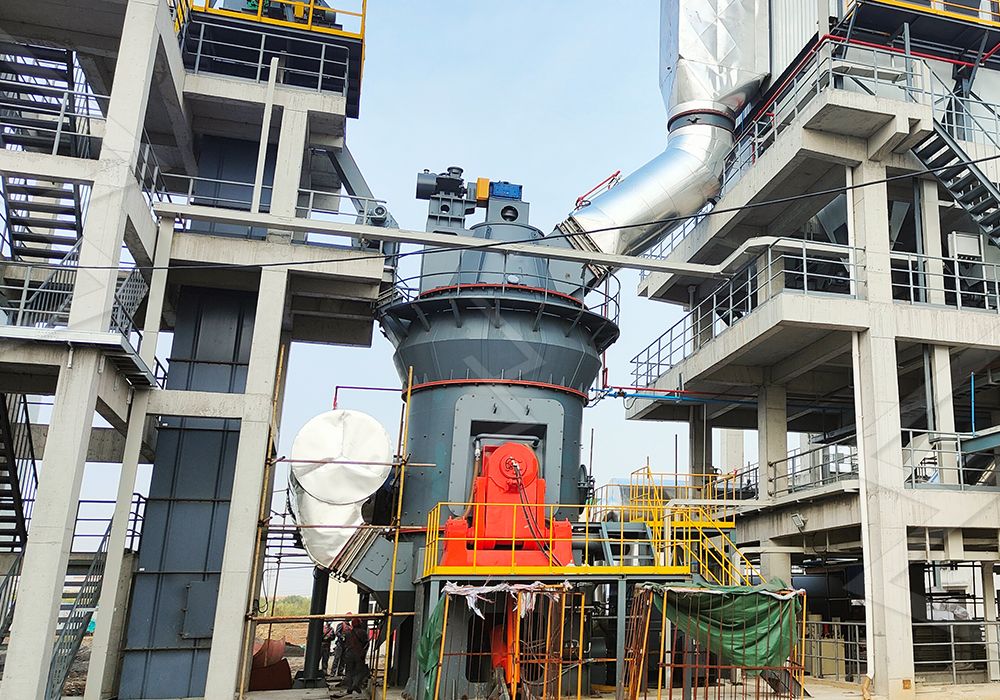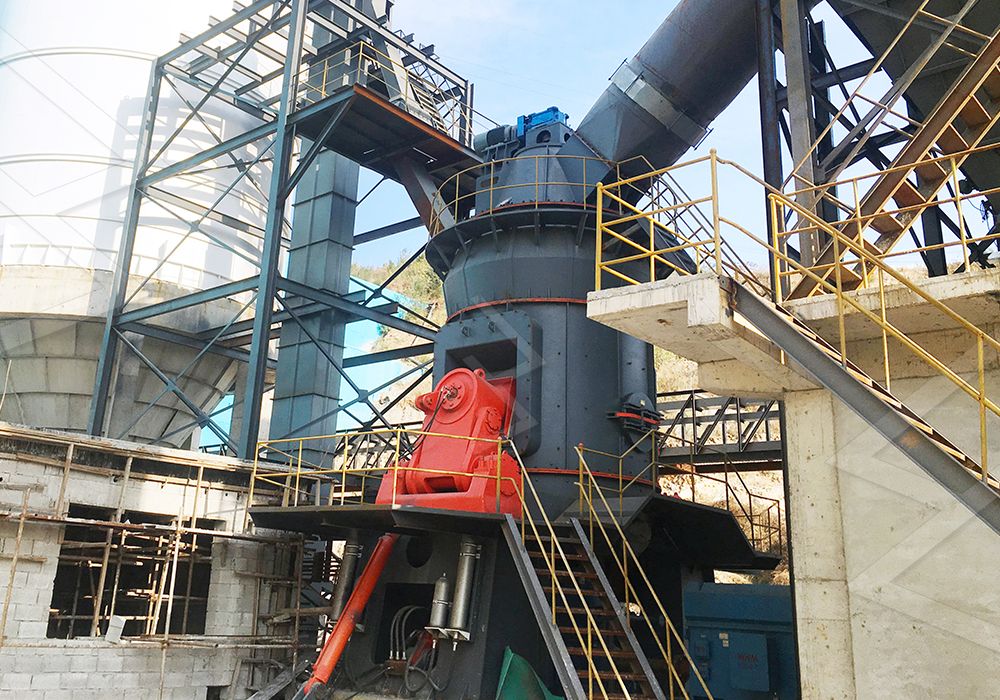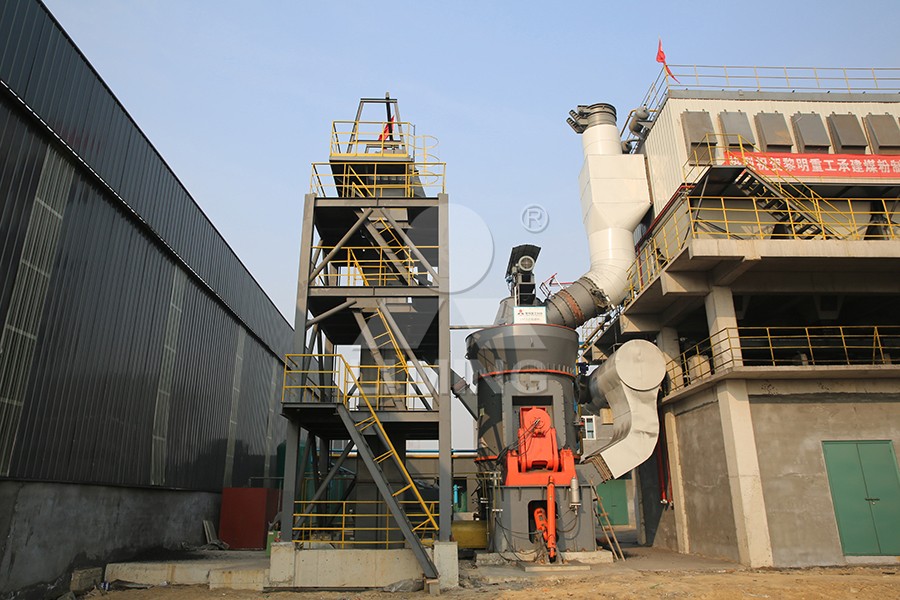Top 5 Vertical Ball Mill Manufacturers in Indonesia for 2024
We provide a wide range of mills — including Raymond mill, trapezoidal mill, vertical mill, ultrafine mill, and ball mill, obtained ISO9001 international quality certification, EU CE certification, and Customs Union CU-TR certification. Suitable for processing minerals such as limestone, phosphate, quicklime, kaolin, talc, barite, bentonite, calcium carbonate, dolomite, coal, gypsum, clay, carbon black, slag, cement raw materials, cement clinker, and more.
The discharge range of these mills can be adjusted to meet specific processing needs, typically from 80-400 mesh, 600-3250 mesh, and can achieve the finest particle size of up to 6000 mesh(D50).
If you are looking for a reliable grinding solution to turn stone or minerals into fine powder, please feel free to contact our online customer service.
Navigating Indonesia’s Growing Industrial Milling Sector
Indonesia’s rapidly expanding industrial sector continues to drive demand for efficient grinding solutions, particularly in mining, construction materials, and chemical processing industries. As production requirements become more sophisticated, manufacturers are increasingly turning from traditional horizontal ball mills to advanced vertical grinding technologies that offer superior energy efficiency, compact footprints, and enhanced operational control.
The Indonesian market has seen significant technological advancement in recent years, with both domestic manufacturers and international suppliers competing to provide solutions that meet the unique challenges of local operating conditions. From the mineral-rich regions of Kalimantan to the industrial centers of Java, the right grinding equipment can dramatically impact productivity and profitability.

Leading Vertical Grinding Mill Suppliers in Indonesia
1. LIMING Heavy Industry
As a global leader in grinding technology, LIMING has established a strong presence in Indonesia through local partnerships and comprehensive service networks. Their extensive range includes several standout models specifically engineered for high-performance applications.
Among their most impressive offerings is the MW Ultrafine Grinding Mill, which represents a significant leap forward in ultrafine powder production. With an input size capacity of 0-20 mm and throughput ranging from 0.5 to 25 tph, this machine is engineered for operations requiring precise particle size control. The MW series incorporates German cage-type powder selector technology, allowing fineness adjustment between 325-2500 meshes with screening rates achieving d97≤5μm in a single pass.
What sets the MW Ultrafine Grinding Mill apart is its innovative design that eliminates rolling bearings and screws within the grinding chamber, substantially reducing maintenance concerns and potential downtime. The integrated pulse dust collector and muffler system ensures environmentally compliant operation, making it particularly suitable for Indonesia’s increasingly strict environmental regulations.
2. Domestic Indonesian Manufacturers
Local manufacturers have made significant strides in developing vertical mill solutions tailored to Indonesia’s specific industrial needs. These companies benefit from deep understanding of local material characteristics and operating conditions, offering competitive pricing and responsive service networks across the archipelago.
3. European Technology Partners
Several European engineering firms have established technical partnerships with Indonesian companies, bringing decades of milling expertise to the local market. These collaborations typically focus on adapting proven technologies to handle Indonesia’s diverse mineral resources while maintaining European standards of reliability and efficiency.

4. Japanese Precision Engineering
Japanese manufacturers are renowned for their precision engineering and reliability-focused designs. In Indonesia, their vertical mills are particularly favored in applications demanding consistent product quality and minimal operational variance, such as in advanced chemical processing and high-value mineral production.
5. American Industrial Equipment Suppliers
U.S.-based companies bring robust designs and scalable solutions to the Indonesian market, often focusing on large-capacity installations for major mining and cement production facilities. Their strength lies in handling high-volume applications with demanding operational schedules.
Technical Considerations for Indonesian Operations
When selecting vertical grinding equipment for Indonesian applications, several factors require careful consideration. The high humidity levels in many regions can impact material handling and drying requirements within the grinding process. Additionally, the varying hardness and abrasiveness of local mineral deposits necessitate durable wear components and adaptable grinding geometries.
For operations prioritizing ultrafine powder production with minimal environmental impact, the MW Ultrafine Grinding Mill offers compelling advantages. Its higher yielding capacity at lower energy consumption – achieving 40% higher production capacity than jet grinding mills with only 30% of the energy consumption – makes it particularly valuable in regions with challenging power infrastructure. The machine’s ability to process materials including limestone, calcite, dolomite, and various industrial minerals aligns well with Indonesia’s diverse natural resources.
The digitalized processing and high-precision manufacturing of LIMING’s equipment ensures consistent performance, while their comprehensive spare parts support and technical services provide operational security for Indonesian businesses investing in advanced grinding technology.

Frequently Asked Questions
What are the primary advantages of vertical mills over traditional ball mills in Indonesian applications?
Vertical grinding mills typically offer 30-50% lower energy consumption, significantly reduced footprint, integrated drying capabilities for Indonesia’s humid climate, and better control over product fineness. Their modular designs also facilitate maintenance and parts replacement.
How does the MW Ultrafine Grinding Mill handle varying material hardness?
The MW series incorporates specially designed grinding curves and pressure adjustment systems that automatically adapt to material hardness variations. The absence of rolling bearings in the grinding chamber eliminates a common failure point when processing abrasive materials.
What environmental compliance features are important for Indonesian operations?
Key features include efficient pulse dust collectors that eliminate particulate emissions, noise reduction systems incorporating silencers and elimination rooms, and fully enclosed systems that prevent material contamination and loss.
How do Indonesian operating conditions affect mill selection?
High humidity, potential voltage fluctuations, remote locations, and diverse mineral characteristics all influence equipment selection. Robust construction, corrosion resistance, power stabilization features, and local technical support become critical decision factors.
What maintenance advantages do modern vertical mills offer?
Designs like the MW Ultrafine Grinding Mill feature external lubrication systems allowing maintenance without shutdown, reversible structures for easy roller servicing, and digital monitoring systems that predict maintenance needs before failures occur.
